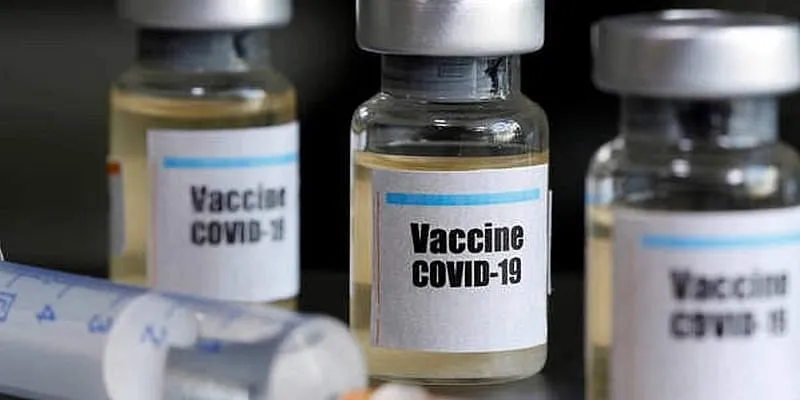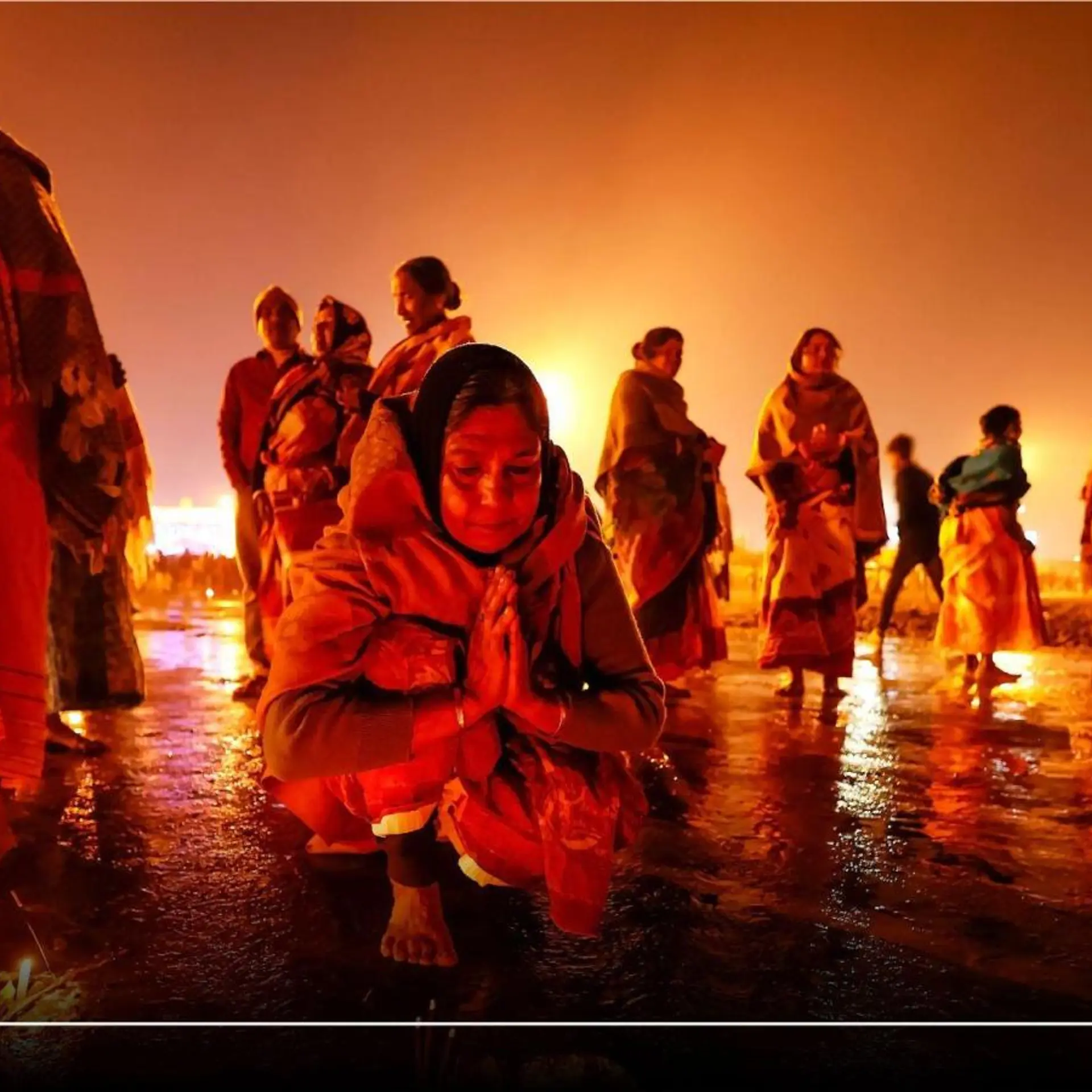Amid COVID-19 crisis, RBI eases access of funds for healthcare
The Reserve Bank of India will provide an on-tap liquidity window of Rs 50,000 crore to ease access of funds for emergency medical services, RBI Governor Shaktikanta Das said.
As the second wave of the COVID-19 pandemic rages on, overwhelming India’s healthcare system, the Reserve Bank of India (RBI), on Wednesday announced that it will provide a term-liquidity facility of Rs 50,000 crore to ease access of funds for emergency medical services.
Under the on-tap liquidity scheme, banks will be able to provide fresh lending support to a broad range of entities,
including vaccine manufacturers, importers/suppliers of vaccines and priority medical devices; hospitals/dispensaries; pathology labs; manufacturers and suppliers of oxygen and ventilators; importers of vaccines and covid-related drugs; logistics firms and also patients for treatment, the RBI said.

All loans disbursed under the scheme will be classified as priority sector loans, till repayment or maturity, according to the central bank.
Banks will be able to lend directly for the above causes or through intermediary financial entities regulated by the central bank.
The Rs 50,000 on-tap liquidity facility will be made available to banks at the repo rate (the rate at which RBI lends short-term money to banks) with up to 3-year tenor till March 31, 2022.
During the unscheduled address on Wednesday, the RBI governor said that India had managed to flatten the COVID-19 infection curve in March, till new mutants of the virus emerged.
He stressed that wide-ranging swift actions were needed to contain the spread of the virus in the second wave of the pandemic.
India’s healthcare infrastructure has been brought to its knees in the second wave, with more than three lakh new cases and over 3,000 deaths being recorded daily.







